Most Bucharest museums will have free entry on Monday, January 15, Visit Bucharest reports. The country celebrates Romania’s Culture Day – the day Romanian National Poet Mihai Eminescu was born.
Visit Bucharest, the platform promoting Bucharest to international tourists, recommends the following museums offering free entry to the general public.
National Museum of the Village „Dimitrie Gusti”
Village Museum is considered one of the main tourist attractions in Bucharest, being praised mainly by foreign tourists travelling to Romania. Stretching over an impressive area, the museum is the size of an authentic village and includes a lot of monuments and artifacts from the 17th century to the 20th century. Here, you will find, in fact, houses and rural buildings representative of each ethnographic area of the country, including Transylvania, Maramures, Oltenia, Moldova, Dobrogea, Muntenia and Banat.
National Museum of the Romanian Peasant
Suppose you find yourself among the people interested in discovering more about the evolution of folk art. In that case, we suggest you add the Romanian Peasant Museum to the list of sights to be visited in Bucharest. This attraction includes Romania’s wealthiest collection of traditional objects, where tourists can admire ceramics exhibitions, fabrics, folk costumes, sculpted objects, furniture, and icons. For those curious about art during the communist regime, we suggest you visit the Museum of Communist Iconography inside the Romanian Peasant Museum.
The National Art Museum of Romania
The National Museum of Art of Romania showcases the country’s most essential and comprehensive collection of fine artworks. The proximity to the Romanian Athenaeum enhances the museum’s tourist visibility. Through all it represents, the museum is a must-see tourist objective while in Bucharest.
The National History Museum of Romania
The National History Museum occupies 8,000 square meters, bringing together approximately 60 precious exhibition rooms. Going through them, we can get acquainted with archeological testimonies about the presence of man on the territory of Romania from Paleolithic (600,000 years – 6,000 years BC), the material and spiritual culture of the Geto-Dacians, the Dacian-Roman wars and the transformation of Dacia into the province of the Empire, but also the novel, the emergence and the completion of the state power structures in medieval society, the Phanariote rulers, the bourgeois-democratic revolution of 1848, the independence, the outbreak of the two world wars and the entry of Romania under Russian influence.
„Grigore Antipa” National Museum of Natural History
Located near Piata Victoriei, on Pavel Dimitrievici Kiseleff Road no.1, the Antipa Museum is one of Romania’s most long-standing institutions for biodiversity research and public education. At the same time, it is one of the most appreciated museums in the country, boasting an impressive collection of highly well-made exhibits. Established in 1834 at the request of the Great Ban Mihalache Ghica, the brother of the ruler Alexandru Ghica, the museum was initially composed only of exhibits donated by its initiator, including birds, mammals, mollusks, fish, fossils of various types, different minerals and coins from Greek. In 2009, the Antipa Museum underwent an impressive modernization, thus becoming one of the most sought-after museums in the capital city of Romania.
„George Enescu” National Museum
Easy to be recognized, thanks to the sumptuous entrance with a vast cover designed in a splendid Art Nouveau style, the building is an actual architectural jewel built in 1903 by Gheorghe Grigore Cantacuzino, called “Nababul” (the Romanian word for the nabob/nawob).
The post Free Entry to Selected Museums in Bucharest on Monday, January 15 appeared first on Valahia.News.

 acum 1 an
177
acum 1 an
177
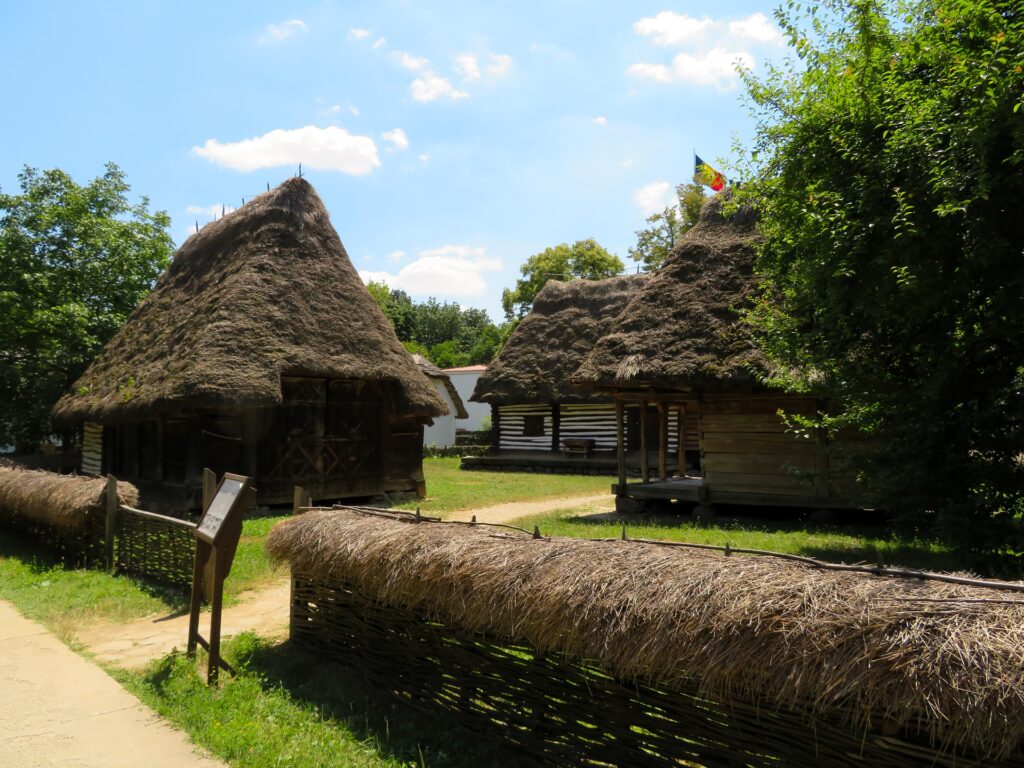
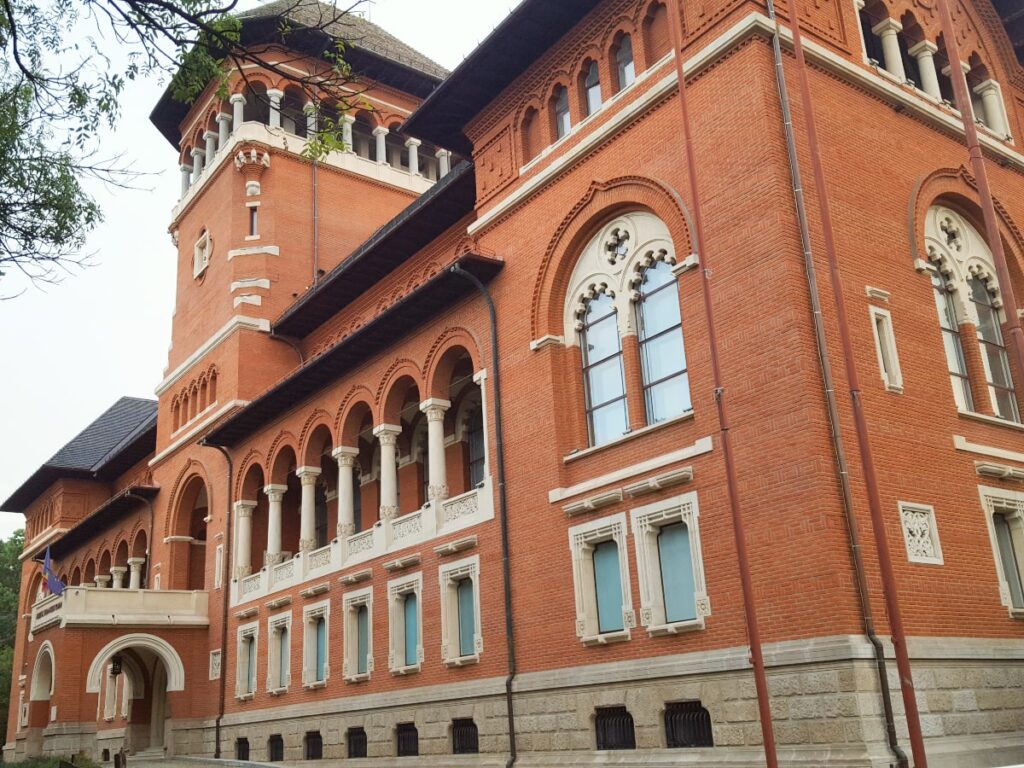
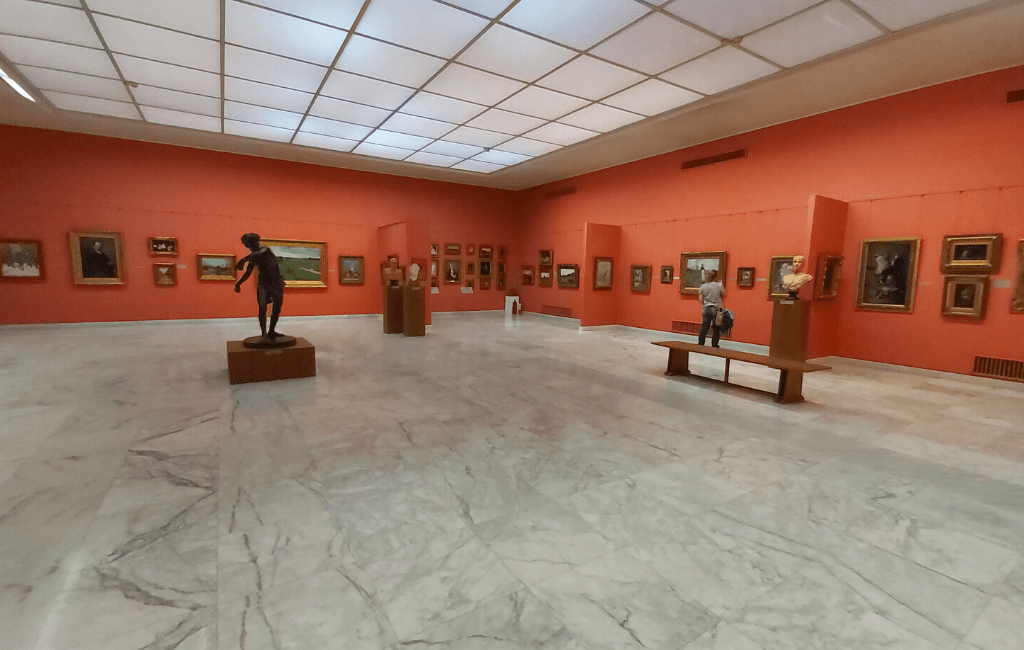
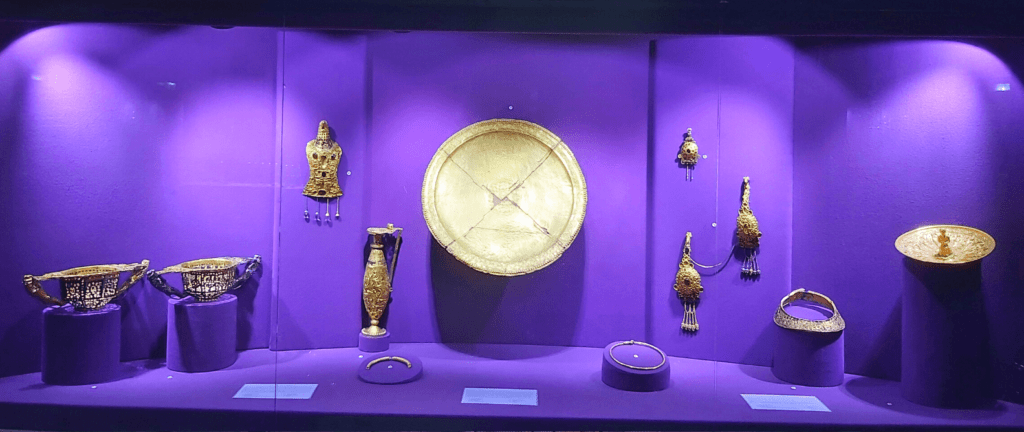
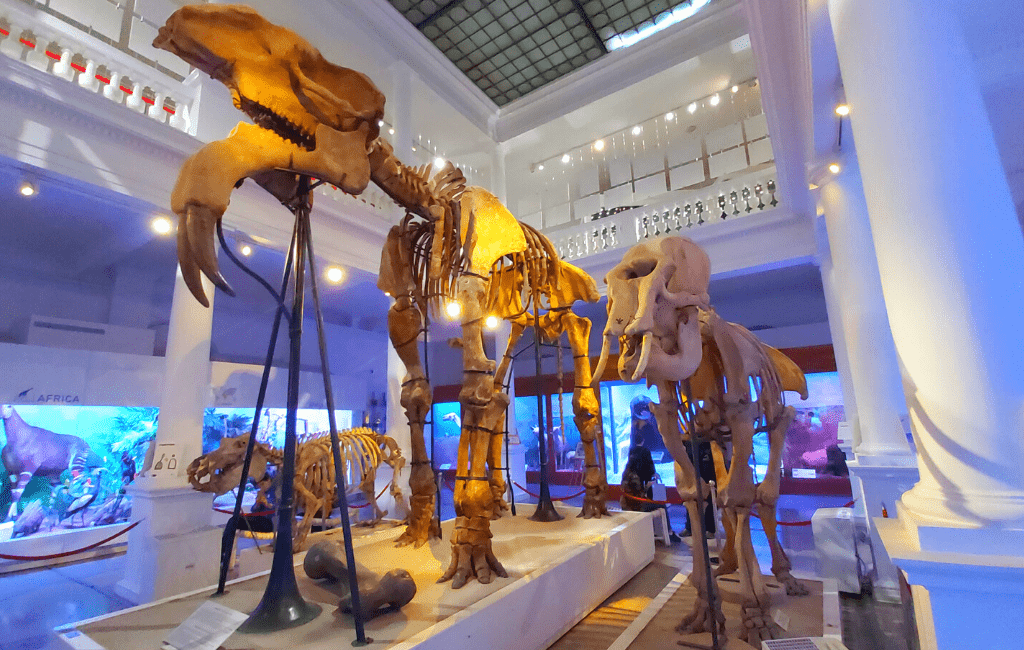
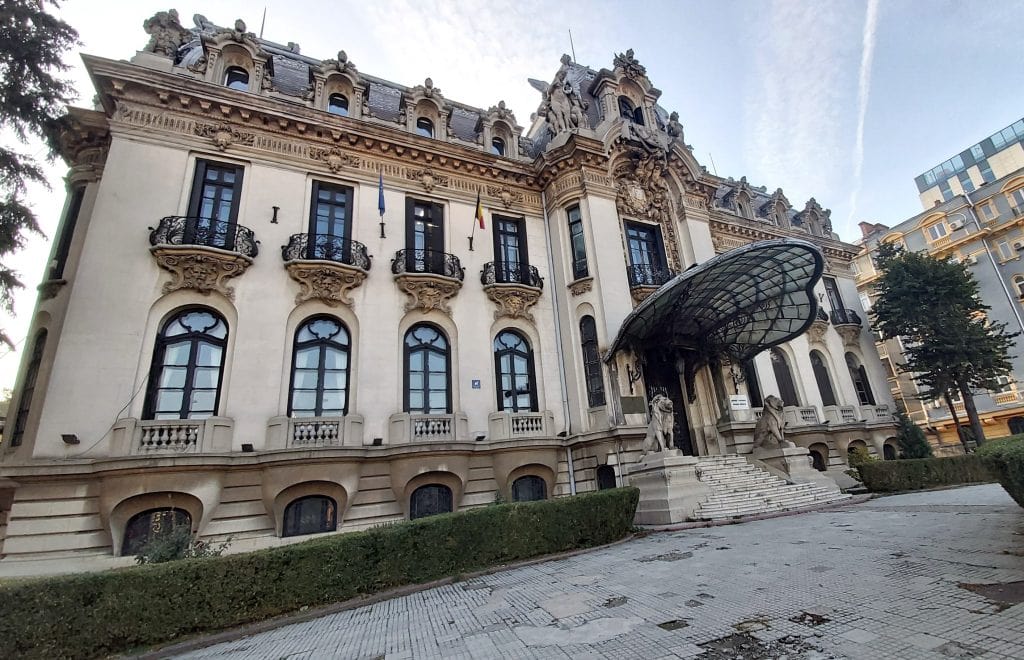
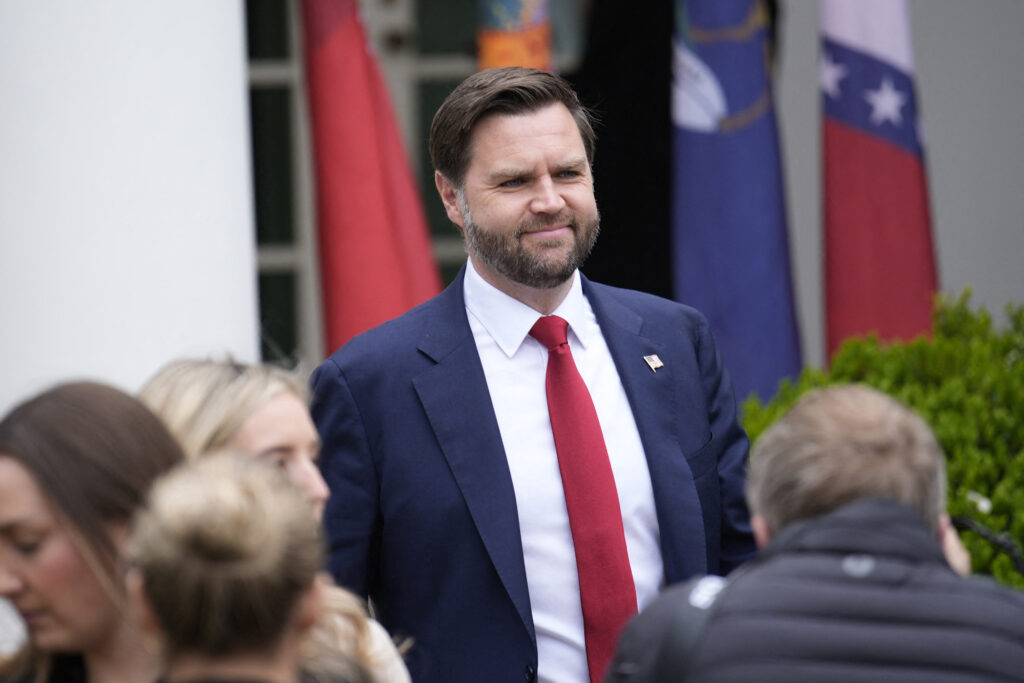




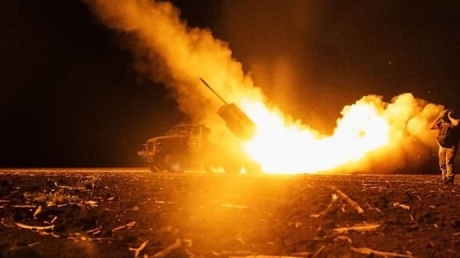

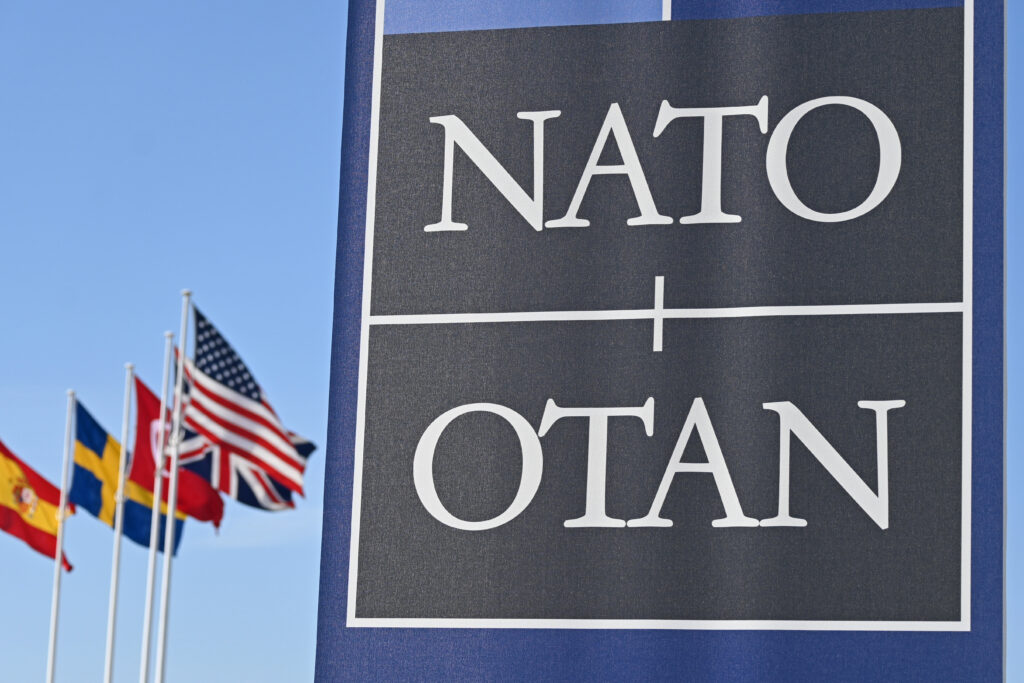


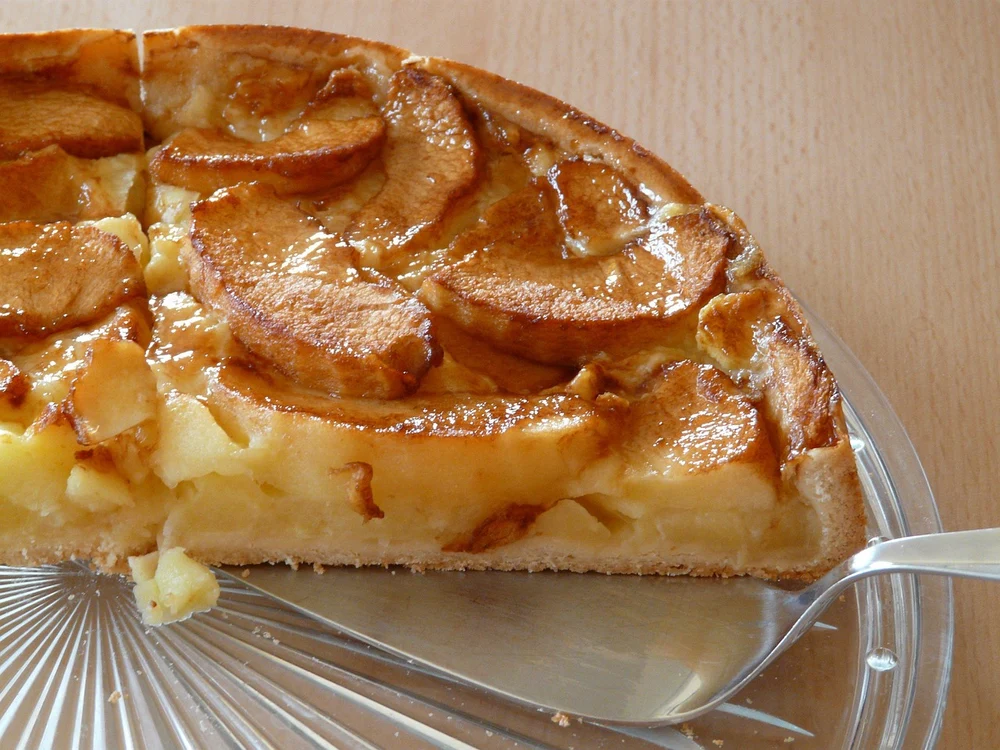
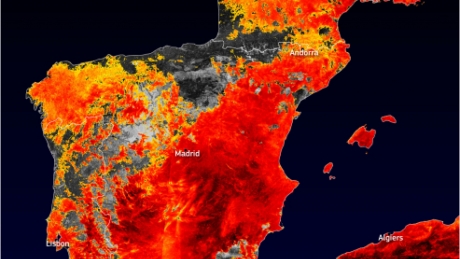

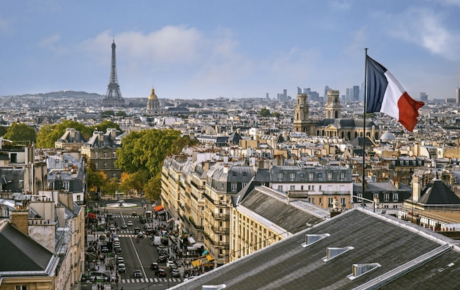
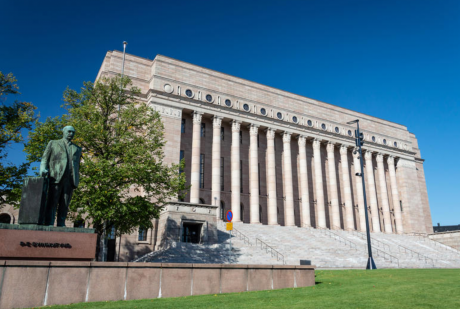

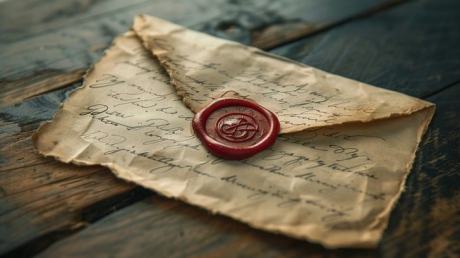






 English (US) ·
English (US) ·  Romanian (RO) ·
Romanian (RO) ·